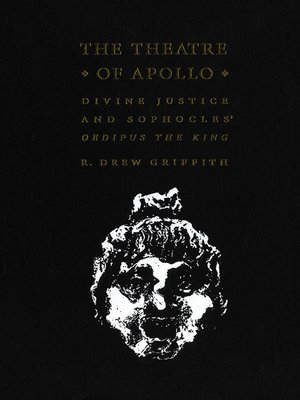
Sign up to save your library
With an OverDrive account, you can save your favorite libraries for at-a-glance information about availability. Find out more about OverDrive accounts.
Find this title in Libby, the library reading app by OverDrive.



Search for a digital library with this title
Title found at these libraries:
| Library Name | Distance |
|---|---|
| Loading... |
By imaginatively recreating the play's original staging and debunking the interpretations of various critics, including Aristotle, Ulrich von Wilamowitz-Moellendorff, E.R. Dodds, Frederick Ahl, and John Peradotto, Griffith shows that Apollo is a constant, powerful presence throughout the play. He contends that although we can sympathize with Oedipus because of his sufferings, he is still morally responsible for murdering his father and sleeping with his mother. Apollo is therefore not indifferent and his actions are not unjust. Griffith focuses on Apollo's commandment "know thyself," a commandment Oedipus belatedly and tragically fulfils, to stress both the need for self-understanding in the study of ancient literature and the usefulness of ancient literature in achieving self-understanding.







